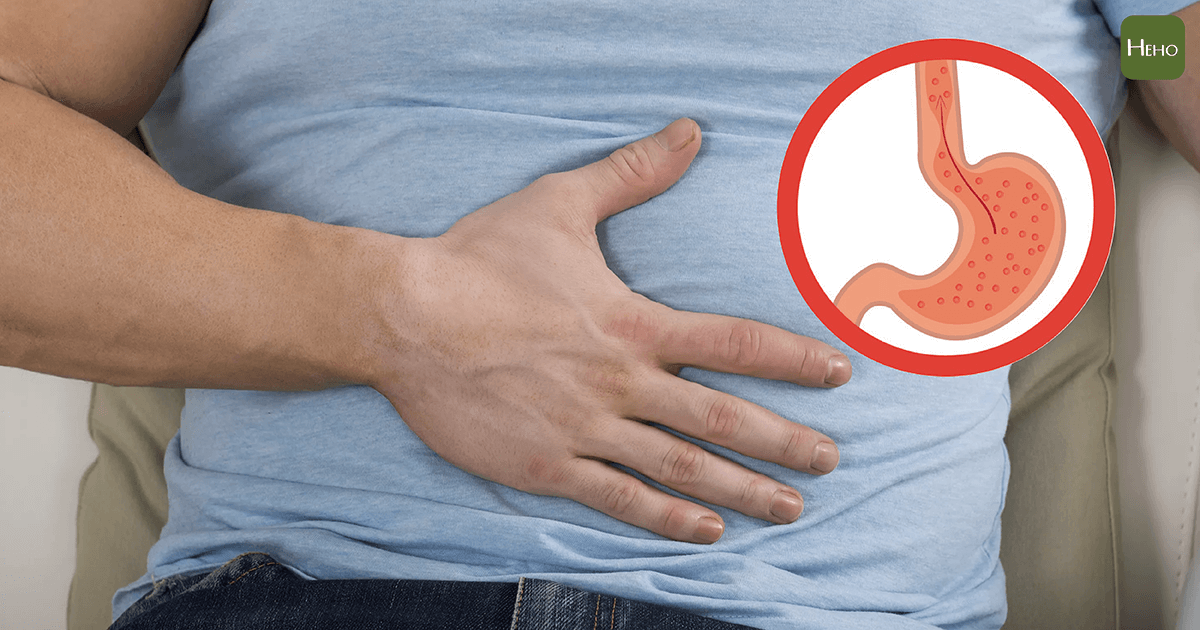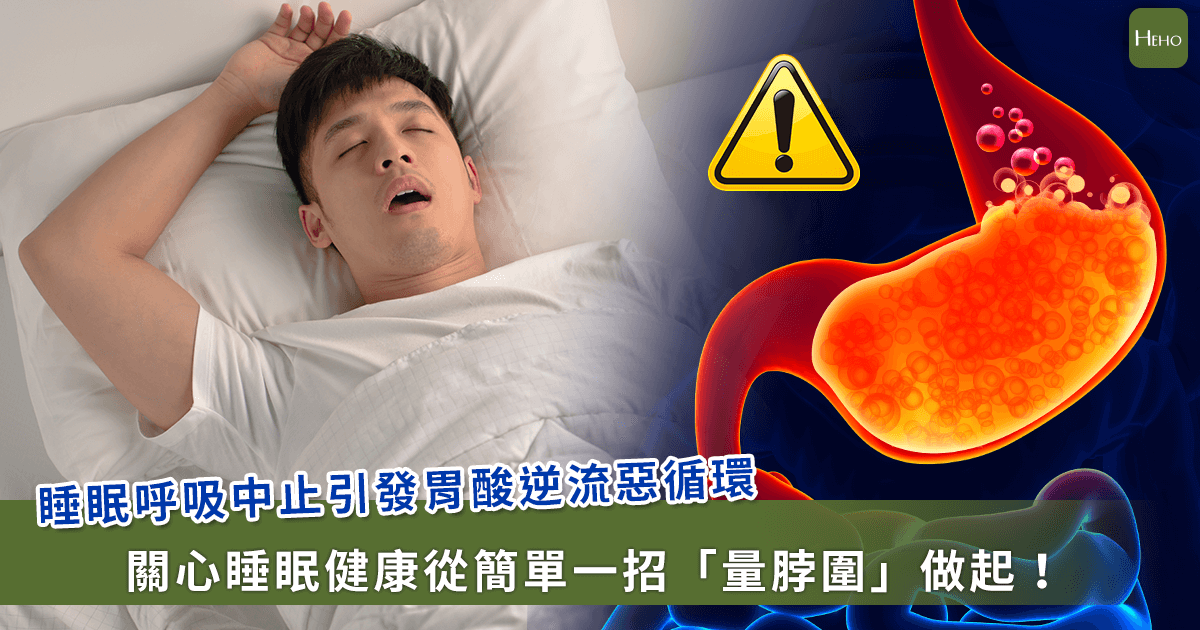The comorbid relationship between sleep apnea and gastroesophageal reflux disease (GERD) is often overlooked, but in fact, the link between these two conditions is very strong. According to research from the National Institutes of Health (NIH), about 60% of sleep apnea patients also suffer from GERD. This is because, when the airway is obstructed in sleep apnea patients, the negative pressure in the chest can trigger acid reflux into the throat, worsening GERD symptoms. Conversely, GERD may also cause upper airway obstruction through the vagus nerve reflex, exacerbating sleep apnea and creating a vicious cycle. Common Comorbidity of Sleep Apnea and Hypoxia. (Photo / Provided by Heho Health)
Common Comorbidity of Sleep Apnea and Hypoxia. (Photo / Provided by Heho Health)
Dr. Liu Wen-De, Director of the Sleep Center at Shuanghe Hospital, pointed out that many patients experience persistent hypoxia and sleep interruption due to sleep apnea, leading to inflammatory responses in the body that affect cardiovascular health. This repeated upper airway obstruction and friction can cause mucosal damage, further aggravating GERD issues. Approximately 60% of Sleep Apnea Patients Also Suffer from Gastroesophageal Reflux Disease. (Photo / Provided by Heho Health)
Approximately 60% of Sleep Apnea Patients Also Suffer from Gastroesophageal Reflux Disease. (Photo / Provided by Heho Health)
However, surveys show that many Taiwanese people lack awareness of the comorbid relationship between these two diseases, especially among middle-aged and older individuals. A survey by the Taiwan Society of Sleep Medicine and Somnorest by Colin found that about 30% of middle-aged and older adults are at high risk for sleep apnea, and more than 50% of this high-risk group also have GERD symptoms. However, only 20% of respondents understood the connection between the two, and as many as 73% believed that there was no need for sleep testing.
Therefore, Dr. Liu Wen-De suggests that if symptoms of sleep apnea and GERD are present, early testing and treatment are essential. Additionally, developing habits such as regular exercise, avoiding eating before bedtime, and maintaining a healthy weight can effectively improve these symptoms and prevent further deterioration.







